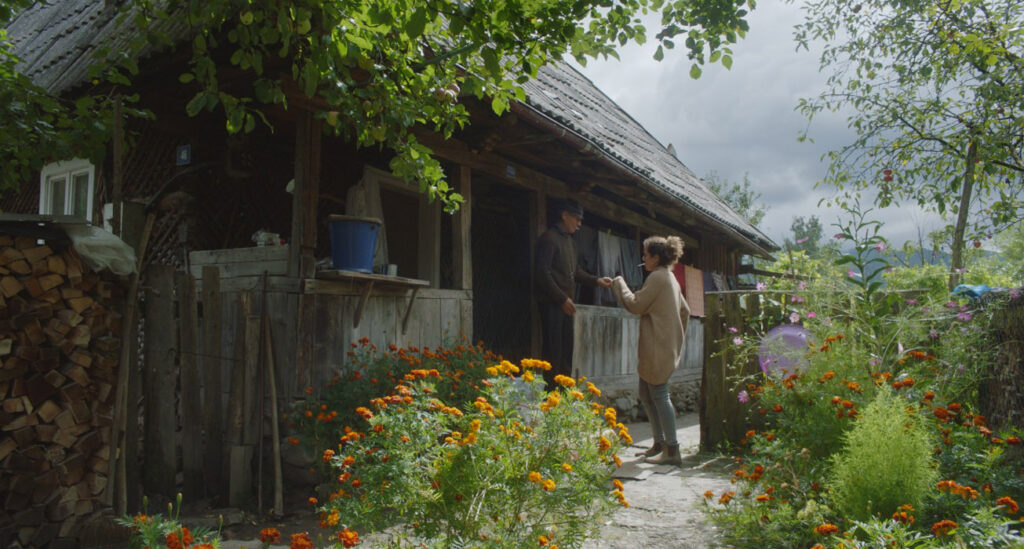After the announcements of the main awards of this year’s Berlinale, other films also deserve recognition. In the Encounters section, The Klezmer Project was directed by Leandro Koch and Paloma Schachmann. Although it did not win (Here, by Bas Devos, took the prize), The duo’s work deserves stand-alone appraisal. Leandro, a frustrated Jewish wedding cameraman in Argentina meets and falls in love with a clarinetist. To spend time with her he contrives a documentary project commission for television. This project will take him across the remotest parts of Eastern Europe.
The Klezmer Project is original in that it adds a linear fictional narrative onto what is otherwise a documentary. It also manages to do this very seamlessly to provide double interest and entertainment. The quest to find the lost klezmer melodies that have been safeguarded by the Romani people both educates and fascinates. The film was recognized by winning the GWFF society Best First Feature Award. The prize of 50,000 € guarantees the safeguarding of Film and TV rights. A Special Mention from the GWFF was also given to The Bride, directed by Myriam U. Birara and in the Forum Competition section.

Tótem, directed by Lila Aviles, played in the Competition section failed to win any of the main awards. However, this Spanish take on melodrama both charmed and delighted. A family celebrates the birthday of a young father, also a painter. Sadly, he is also facing his impending mortality. The child protagonist, played by newcomer Naíma Senties, could easily have won the Silver Bear for Best Leading Performance. The award went to another child protagonist Sofía Otero for 20,000 Species of Bees. Tótem, however, won the prize of the Ecumenical Jury. The well received work finished ahead of Golden Bear winner On the Adamant, awarded Special Mention at the festival.
One film in the Competition which surprisingly failed to win a prize was Limbo, directed by Ivan Sen. A detective called Travis Hurley arrives in a small Australian outback town. Staying at the Hotel Limbo, he has come to investigate a 20-year-old unsolved homicide of an Aboriginal woman. The only evidence he has is a number of tape recordings. Meanwhile, the victim’s family is reluctant to give much information, particularly to a white cop.

With patience, Travis will uncover some unpleasant truths, highlighting the injustice faced by Aboriginal Australians. Indigenous Australian film director Ivan Sen had previously won the Premiere First Movie Award at the Berlinale in 2002 for his first film Beneath Clouds. In Limbo he has created a hypnotic “desert noir” that makes excellent use of the landscapes. The choice of black and white further enhances the backdrop and static progress of narrative resolution.
A personal nod also goes to the following films: Blackberry, The Shadowless Tower (Main Competition); Boom! Boom! The World vs. Boris Becker, Kiss the Future (Berlinale Special – Out of Competition); Calls from Moscow, Notes from Eremocene, Cidade Rabat (Forum Section).
By Steve Yates
